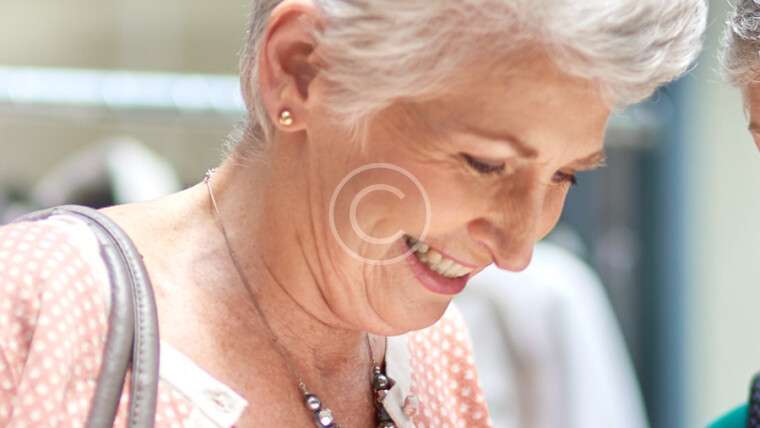Aging culture- Post a comparison of your culture’s perspective on aging to the perspectives of the two cultures you researched. Explain why you think these differences exist. Also, explain how different perspectives on aging might impact social work practice.
Aging culture-In many Western cultures, such as the United States, there is often a negative view of aging. Aging is seen as a process of decline, and older adults may be viewed as burdens on society. In contrast, many Eastern cultures, such as Japan and China, have a more positive view of aging. Older adults are respected and revered for their wisdom and life experience.
In Japan, for example, the concept of “ikigai” emphasizes the importance of finding purpose and meaning in life, regardless of age. Older adults are often seen as keepers of tradition and culture, and there is a strong emphasis on filial piety and respect for elders. In China, there is a similar emphasis on respect for elders and the importance of family ties. The concept of “filial piety” is central to Chinese culture, and….
Aging culture-In many Western cultures, such as the United States, there is often a negative view of aging. Aging is seen as a process of decline, and older adults may be viewed as burdens on society. In contrast, many Eastern cultures, such as Japan and China, have a more positive view of aging. Older adults are respected and revered for their wisdom and life experience.
In Japan, for example, the concept of “ikigai” emphasizes the importance of finding purpose and meaning in life, regardless of age. Older adults are often seen as keepers of tradition and culture, and there is a strong emphasis on filial piety and respect for elders. In China, there is a similar emphasis on respect for elders and the importance of family ties. The concept of “filial piety” is central to Chinese culture, and….
Aging culture-In many Western cultures, such as the United States, there is often a negative view of aging. Aging is seen as a process of decline, and older adults may be viewed as burdens on society. In contrast, many Eastern cultures, such as Japan and China, have a more positive view of aging. Older adults are respected and revered for their wisdom and life experience.
In Japan, for example, the concept of “ikigai” emphasizes the importance of finding purpose and meaning in life, regardless of age. Older adults are often seen as keepers of tradition and culture, and there is a strong emphasis on filial piety and respect for elders. In China, there is a similar emphasis on respect for elders and the importance of family ties. The concept of “filial piety” is central to Chinese culture, and….



